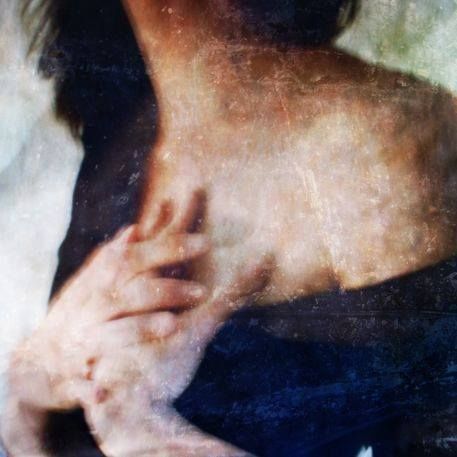The Chemistry of Tears
November 14, 2025
Sign up for blog updates!
Join my email list to receive updates and information.

We’re born alone and journey into death alone. What are we not told?
When we gathered for the first time on Friday evening, I looked at the circle of eighteen women from all walks of life and all singularities and knew in my heart that each of them could be categorized as the walking wounded.
How does the old truism go? “Everybody you pass on the street has a story.”
The good news, as articulated by psychologist Brené Brown:
“When we deny our stories, they define us. When we own our stories, we get to write the ending.”
These ladies had gathered to participate in my weekend program at Mercy by the Sea Retreat and Conference Center in Madison, Connecticut: “Writing for Wellness: Emotional Healing through Expressive Writing.”
Their first assignment that evening was to write a poem about an emotional wound they wanted healed – or at least eased. I gave them no guidance on how to write what was, for many, their first-ever try at poetry.
The next morning I explained: “At our opening session last night, I didn’t go around the room asking why you’re here, because I know you’re here looking for poetry to help with something that’s assailing your heart.”
Perhaps the worst part of suffering an emotional trauma is believing we’re alone. We think nobody else could ever understand what we’re feeling.
In his raw poem, “Alone,” Edgar Allen Poe wrote:
From childhood’s hour I have not been
As others were—I have not seen
As others saw—
And all I lov’d—I lov’d alone—
We’re born alone and journey into death alone. What we’re not told is that every person's story is transformative, not just for them but also for those who hear it. Through shared laughter – or tears – we can come to accept the reality that our lives are interconnected.
F. Scott Fitzgerald, author of The Great Gatsby, said:
“That is part of the beauty of all literature. You discover that your longings are universal longings, that you’re not lonely and isolated from anyone. You belong.”
How do you gauge the value of a weekend spent reading and reacting to some of the most moving poems ever written?
Perhaps by tears shed and friendships formed?
Because there were tears as well as hugs among the participants during the periods when they shared the poems they’d written. I witnessed friendships take shape during both the workshop sessions and conversation over meals.
When we’re suffering emotional trauma from death, divorce, or a bad diagnosis, our emotions are near the surface. Poetry comes easily at times like this because writing a poem restores some of the control trauma has disrupted.
The art of poetry – reading it or making it – enables us to tap into our innate creativity, feel safe, and form bonds with one another. One woman wrote and shared a poem about a friend she had made during the weekend.
Lucille Clifton, poet laureate of Maryland, once said: “Poetry can heal. Because it comes from a heart, it can speak to a heart.”
You know what else is worth noting? Studies show that tears triggered by sadness, grief, or distress contain higher levels of stress hormones and natural painkillers than tears of happiness or joy.
Crying flushes stress chemicals from our body, explaining why we feel better after a good cry.
Poet Ellen Bass says it so beautifully:
The Thing Isto love life, to love it evenwhen you have no stomach for itand everything you’ve held dearcrumbles like burnt paper in your hands,your throat filled with the silt of it.When grief sits with you, its tropical heatthickening the air, heavy as watermore fit for gills than lungs;when grief weights you down like your own fleshonly more of it, an obesity of grief,you think, How can a body withstand this?Then you hold life like a facebetween your palms, a plain face,no charming smile, no violet eyes,and you say, yes, I will take youI will love you, again.
